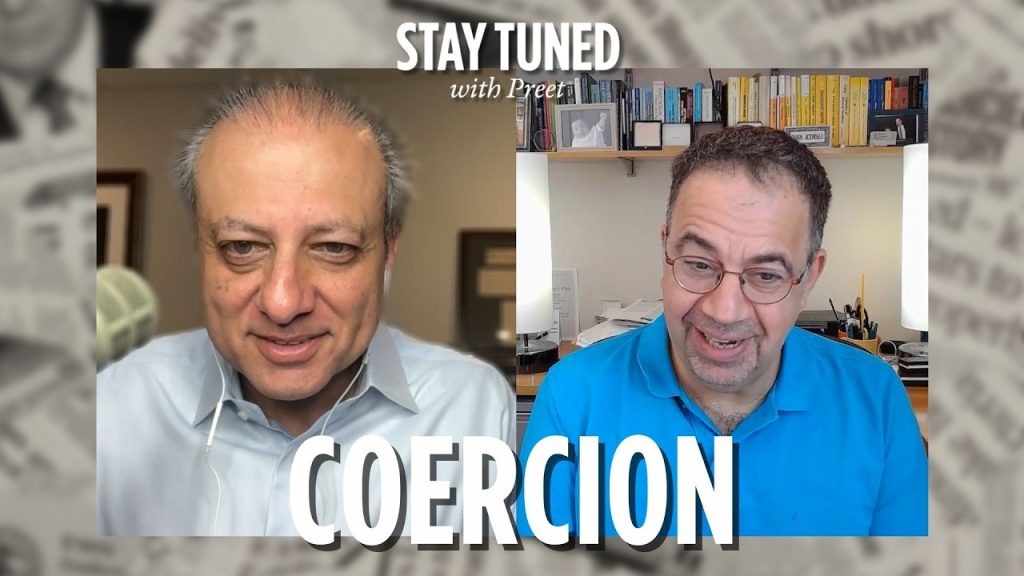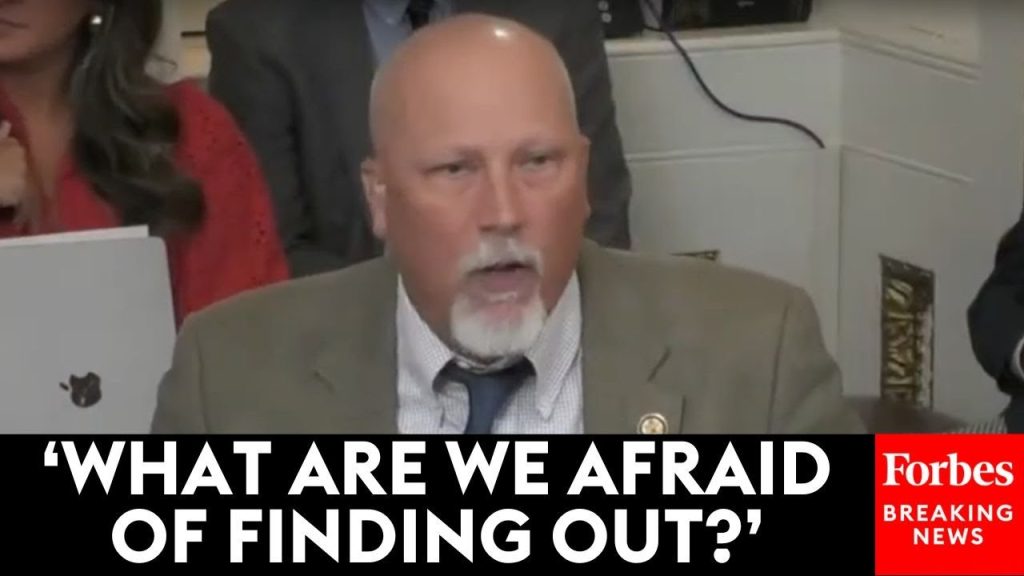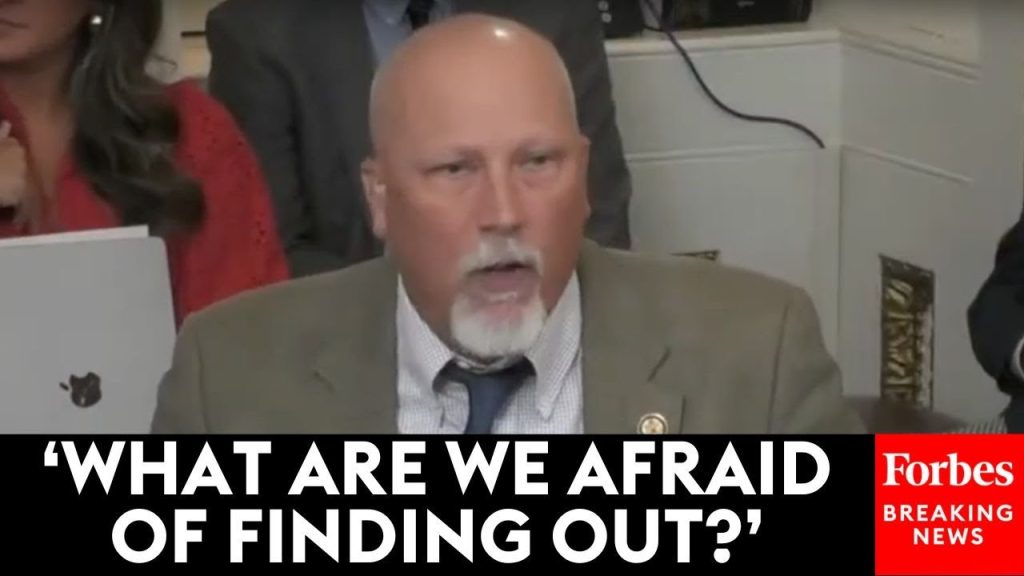In a recent analysis, political commentators and economists voiced serious concerns about former President Donald Trump’s economic agenda, suggesting it poses a significant threat to the nation’s financial stability. The discussion revolves around Trump’s increasing presidential powers in the context of an economic strategy that appears coercive and potentially harmful.
The featured guest in this discourse, Professor Darren Aamogi, a Nobel Prize winner in economic sciences, highlighted that the ramifications of Trump’s economic strategies warrant close scrutiny. He argues that if similar policies were proposed by a foreign leader, such as the Prime Minister of Denmark, Americans would instinctively be skeptical and demand transparency regarding the rationale and oversight measures involved. However, the same level of scrutiny seems to falter when it comes to domestic policy under Trump.
Aamogi stressed that Trump’s history of coercion—especially in instances concerning the Supreme Court, which has seen an expansion of presidential power—should raise alarms across the political spectrum. “If it’s done by a president who’s been known to use coercion in a manner that undermines democratic principles, that should alarm everybody,” he asserted, emphasizing the importance of constitutional guardrails to protect against potential abuse of power.
The economist’s insights take on added weight considering the broader context of economic downturns, inflation rates, and wage stagnation—the effects of which have felt particularly acute in the post-pandemic landscape. Experts warn that wholesale adoption of policies that prioritize tax cuts for the wealthy and weaken regulatory frameworks could exacerbate existing economic inequalities, ultimately harming the middle and lower classes.
This warning comes as Trump’s supporters rally to advocate for his agenda, often dismissing criticism as politically motivated. However, as Aamogi points out, the responsibility lies in questioning the foundational economic tenets that undergird this agenda. “We need to be vigilant, engaging critically with these policies as citizens. It’s our duty to ask the hard questions,” he stated.
Trump’s 2017 tax cuts are a case in point. Although they were initially celebrated for potentially stimulating economic growth, a considerable body of evidence suggests that they may have disproportionately benefited high-income earners and large corporations while leaving many Americans struggling to make ends meet. Many economists have declared that such measures not only worsen wealth inequality but could also lead to budget deficits that threaten critical social services.
As the 2024 election approaches, Aamogi’s cautions remind voters of the long-term implications of economic policy choices. It’s a clarion call emphasizing the need to hold leaders accountable and to demand thorough explanations on how their economic policies will serve the country as a whole, rather than a select few.
The discussion encapsulates a broader debate about economic justice and the ethical responsibilities of governance. America stands at a crossroads where the decisions made by its leaders today could resonate for generations. The warning signs outlined by experts such as Aamogi should not be ignored, as the prospect of an impending economic disaster looms larger.
As citizens engage in the democratic process, it becomes increasingly clear: understanding the intricacies of economic policy is not just a matter of academic interest—it is essential for the preservation of the American economy and the well-being of its people.



